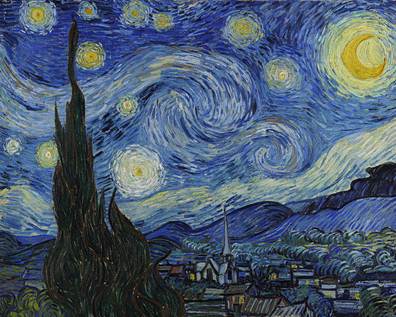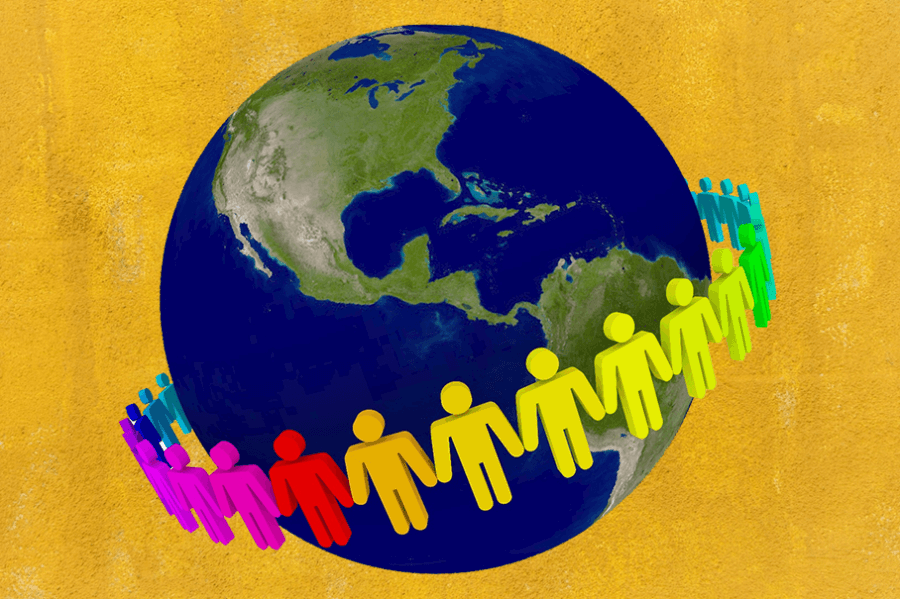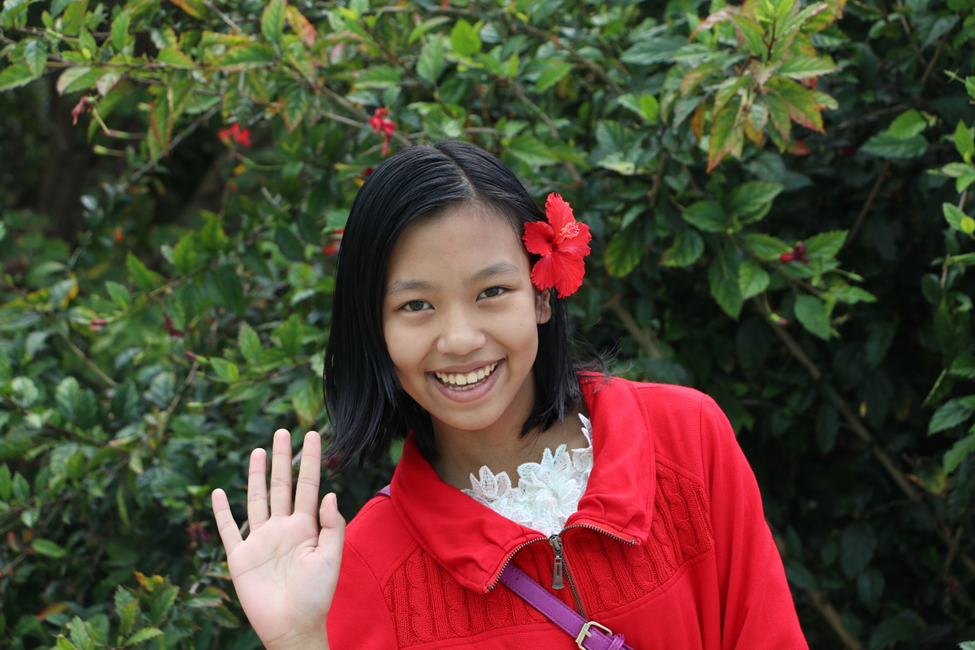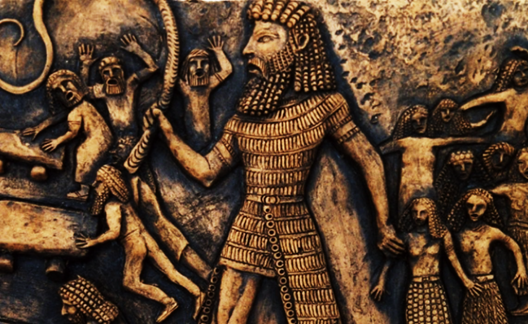Another Teaching Moment
This essay is a sequel to I Never Miss a Teaching Moment. I had an appointment with my podiatrist, Dr. El-Samad, last week. He was checking the surgery that he had done on my foot. I went to him due to plantar fasciitis. After trying various treatment plans, surgery was the only option left.
What was interesting was that before he did the surgery, he said in Arabic, “taghtiat jamie alqawaeid alkhasat bik” or تغطية جميع القواعد الخاصة بك
He translated that Arabic saying into English, which essentially meant “cover all your bases.” Dr. El-Samad wanted me to get an MRI first. The MRI would verify that I was suffering from plantar fasciitis and determine whether there were any other problems.
The results of the MRI were that I did have plantar fasciitis but also had tarsal tunnel syndrome in my ankle. By covering all his bases, Dr. El-Samad could bundle both procedures together into one and avoid having to do two surgeries.

Additionally, bundling the two surgical procedures together reduced my recovery time in half. Next week, Dr. El-Samad will remove the brace from the back of my leg and all the wrappings. Ginger will also benefit from having me not limping around the house. Finally, we will be able to circumnavigate around the lake on which we live and play Chuckit.

That is the backstory. One of my idiosyncrasies in life is that I want to understand everything related to my world. I call this drive my hauntings. Regardless of the importance of knowing some detail, I am driven to undercover it.
As I was driving home from my doctor’s appointment, I couldn’t recall where I had heard something similar to “cover all your bases.” That haunted me until I went online to teach a world religion class. Then it dawned on me. I remembered reading The Rubáiyát of Omar Khayyam. A millennium ago, in Persia, a rubaiyat was a poem, which had quatrains or stanzas.
Scholars have debated a great deal about how much of The Rubáiyát of Omar Khayyam was written by him. Many even question whether he wrote any of that long poem. Interestingly, it parallels the same type of debate whether The Epic of Gilgamesh was written by Gilgamesh. In both situations, there are questions related to the morphing of history with mythology. Nonetheless, after both their deaths, there developed a great deal of mythology along with uncertainty about the possibility that some of their writings were done by them.
While Gilgamesh was a king, Omar Khayyam was a philosopher, mathematician, historian, and astronomer. It wasn’t long before he was nicknamed “the Astronomer-Poet of Persia.”

“the Astronomer-Poet of Persia”
However, when I was in high school, I memorized one of the quatrains of the Rubáiyát.
The Moving Finger writes; and, having writ,
Moves on: nor all thy Piety nor Wit
Shall lure it back to cancel half a Line,
Nor all thy Tears wash out a Word of it.

“the Astronomer-Poet of Persia”
Therefore, this is a teaching moment for my three granddaughters in Myanmar.

So, Ti Ti, Snow, and Fatty remember what my podiatrist said in Arabic, “taghtiat jamie alqawaeid alkhasat bik” or تغطية جميع القواعد الخاصة بك in English, “cover all your bases.”
Also, don’t forget what Omar Khayyam wrote several years before PaPa Al, aka Bo Bo Gyi, was born.
The Moving Finger writes; and, having writ,
Moves on: nor all thy Piety nor Wit
Shall lure it back to cancel half a Line,
Nor all thy Tears wash out a Word of it.

Visit the "On Seeing the Light" page to read more about this topic.

Visit the "We Are Family" page to read more about this topic.

Visit the Connecting the Dots page to read more about this topic.

Visit the Ti Ti page to read more about this topic.

Visit the My Hauntings page to read more about this topic.

Visit the "Friedrich Nietzsche" page to read more about this topic.

Visit the “Gilgamesh” page to read more about this topic.

Visit The Mentors and Me page to read more about this topic.

Visit the Burma / Myanmar page to read more about this topic.
11/26/21






